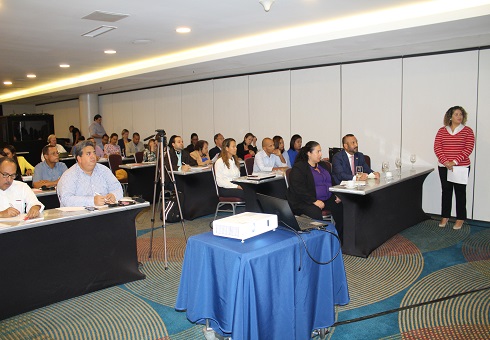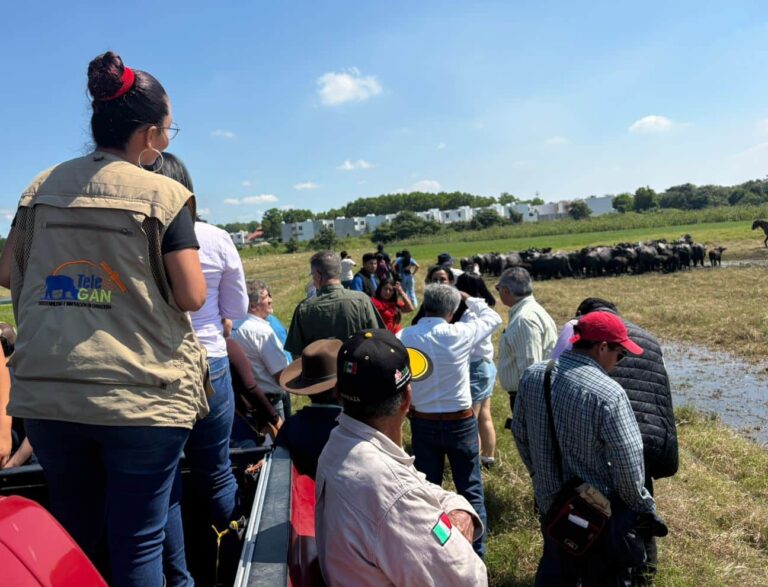34 technicians of the Official and Private Sector and Representatives of the Agro-exporting Sector receive training in the Application of the Fresh Agricultural Products Standards of the FSMA Law


The activity began with the words of welcome from Brian Rudert, Representative for the country of the IESC and Eng. Frank Lam, Representative of IICA in the Dominican Republic, who guaranteed the participants that they will support financially, according to their possibilities, the training programs that could arise as a result of the training that was being offered. The Agricultural Attaché of the Embassy of the United States of America, Lisa Ahramijan, pointed out the commitment of the U.S. for offering its main commercial partners the knowledge of the regulations of the FSMA Law and the support of that country to guarantee the campaign corresponding to the training and dissemination programs of said law and its regulations. Ingrid Borrero of the USDA served as the event’s international coordinator, in addition to her role as an exhibitor in the activity.
A total of 34 participants from the Official and Private Sector involved with the surveillance and certification systems to comply with the export regulations required by the Fresh Agricultural Products Regulations of the aforementioned law, prior to submitting to an evaluation filter by The Alliance of Preventive Controls of Food Safety (FSPCA) met in detail the requirements required to export to the United States of America.

the United States, LIsa Ahramijan and the Representative of IICA in the
country, Mr. Frank Lam. Ingrid Borrero (USDA), International Coordinator
of the Activity remains standing.

According to the instructors, the training and the certificate of participation of the participating beneficiaries, which accredits them and recognizes them as trained to carry out training related to the application of the Regulations for Fresh Agricultural Products is completely free; however, with the training received, the beneficiaries commit to offer or reproduce under their leadership at least one training event, aimed at technicians and / or producers and agro-exporters.
More information: Dileccio.vanderlinder@iica.int











